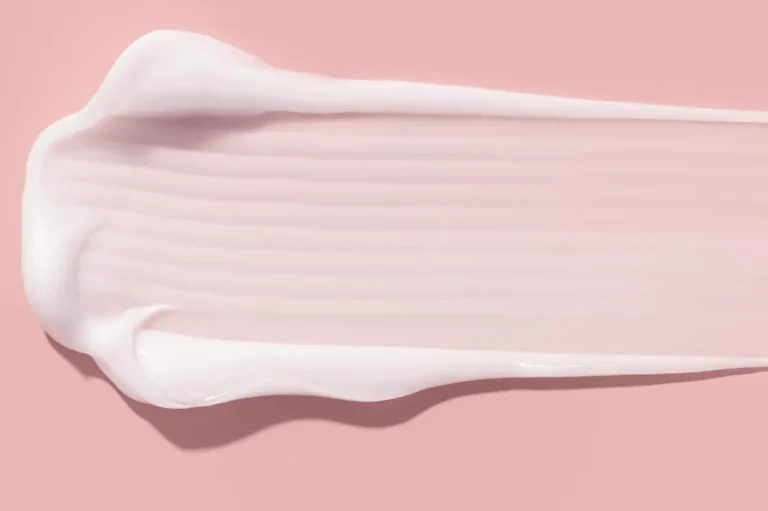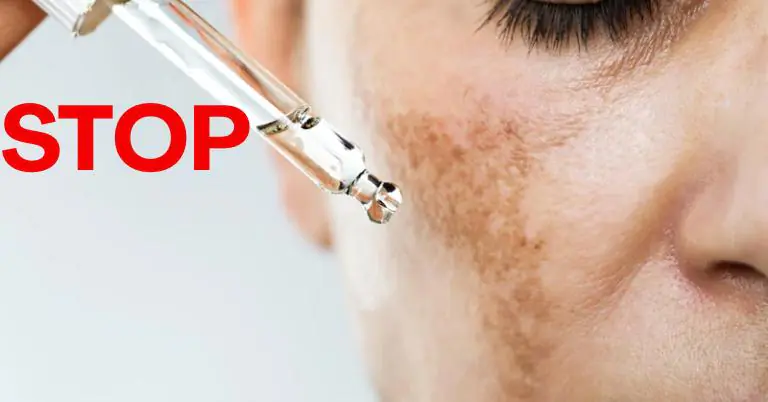The Gut-Skin Secret: How Healing Your Gut Can Unlock Clear, Glowing Skin
If you’ve tried every skincare product available and are still dealing with inflammation, dullness, or breakouts, it might be time to look inward. Recent research has revealed a surprising truth: clear skin starts in the gut.
This article delves into the gut-skin connection, explains how gut health affects your skin, and provides practical, scientifically proven advice on improving both your gut and your radiant complexion.
We highly recommend checking out our Ultimate guide on Skin care for women.
What Is the Gut-Skin Connection?
The network of communication between your skin and gut microbiota is known as the gut-skin axis. In essence, the state of your digestive system, particularly the balance of your gut flora, can affect inflammation, immunological response, and ultimately the condition of your skin.
A recent review in Frontiers in Microbiology suggests that some skin issues like psoriasis, rosacea, eczema, and acne might be linked to an imbalance in gut bacteria, known as dysbiosis. But here’s the good news: having clear, peaceful skin is all about a healthy inflammatory response, and that’s where a healthy gut comes in!
How Gut Health Affects Skin Health
1. Inflammation and Acne
Inflammation is one of the most obvious ways that gut health affects the skin. Unwanted substances can enter the bloodstream through an inflamed or leaky gut, causing systemic inflammation, which manifests on your skin. Signs this might be happening:
- Red, painful breakouts
- Puffy or irritated skin
- Frequent flare-ups, even with good topical care
2. Nutrient Absorption
Nutrients are absorbed in your gut. If your digestive system isn’t working correctly, your body may not get the vitamins and minerals it needs. Especially those beneficial for your skin, like zinc, vitamin A, vitamin E, and omega-3 fatty acids. This can lead to a weakened skin barrier, causing dryness, sensitivity, and acne.
3. Hormonal Balance
Hormones that influence the production of sebum (oil) are among those that are regulated by a healthy gut. Hormonal acne is frequently caused by elevated androgen levels, which can result from an imbalance in gut flora.
4. Immune Response and Skin Conditions
Your gut is home to about 70% of your immune system. Your body can better manage inflammatory skin diseases like psoriasis, rosacea, and eczema when your immune system is functioning properly. This immune defense may be weakened by gut imbalance, increasing the frequency of flare-ups.
Signs Your Gut May Be Affecting Your Skin
- Persistent bloating or irregular digestion
- Skin issues that don’t improve with topical products
- Frequent food sensitivities or sugar cravings
- Mood swings or brain fog (gut-brain-skin link is real!)
- Breakouts that align with poor diet or stress
How to Support a Healthy Gut for Clearer Skin
The good news? Supporting your gut health doesn’t require a complete lifestyle overhaul. Start with these gut-friendly tips that can naturally help improve your skin over time.
1. Eat More Fermented Foods
Foods like yogurt, kefir, sauerkraut, kimchi, and miso are packed with probiotics, which help populate your gut with beneficial bacteria. These foods may also support digestion and reduce bloating, which is another sign your gut is improving.
2. Increase Fiber and Prebiotics
Fiber feeds the good bacteria in your gut. Aim for high-fiber foods like oats, leafy greens, bananas, and legumes. Prebiotics found in foods like garlic, onions, and asparagus—also help probiotics thrive.
3. Stay Hydrated
Hydration is key for healthy digestion and flushing out toxins that could otherwise show up on your skin. Aim for 8–10 glasses of water a day.
4. Consider a Probiotic Supplement
If you’re not getting enough fermented foods, a high-quality probiotic supplement can help support your microbiome. Look for strains like Lactobacillus and Bifidobacterium, which have been studied for both gut and skin benefits. Supplements like Seed or Ritual Synbiotic+ are popular science-backed options.
5. Limit Sugar and Ultra-Processed Foods
Sugar feeds bad bacteria and can cause spikes in inflammation and breakouts. Try to cut down on sugary drinks, fried foods, and overly processed snacks to help your gut heal.
6. Manage Stress
Chronic stress affects the gut through the gut-brain axis, which in turn can affect your skin. Practices like meditation, yoga, and even regular walks can reduce stress and support better gut balance.
Skin Conditions Often Linked to Gut Imbalances
Scientific evidence continues to grow around gut-skin interactions. Here’s how the gut may influence specific skin concerns:
| Skin Issue | Possible Gut Link |
|---|---|
| Acne | Inflammation, poor digestion, hormonal imbalances |
| Eczema | Food sensitivities, leaky gut, immune dysfunction |
| Rosacea | Gut inflammation, small intestinal bacterial overgrowth (SIBO) |
| Psoriasis | Immune dysregulation, poor gut flora diversity |
For more scientific detail, check out this NIH resource on microbiome-skin interactions.
The notion that clear skin originates in the gut is not just a passing trend; it’s a burgeoning field of study supported by empirical evidence and scientific validation. The gut-skin axis serves as a powerful reminder that your appearance and well-being can be significantly influenced by the state of your internal environment.
By making simple, gut-friendly changes such as reducing sugar intake, increasing fiber consumption, and incorporating probiotics, you can embark on a journey of healing from the inside out, eventually witnessing the skin improvements you’ve been striving for over the years.
Check out the healthlynic ✔️approved range of products for Weight Loss, Improve metabolism and much more!







